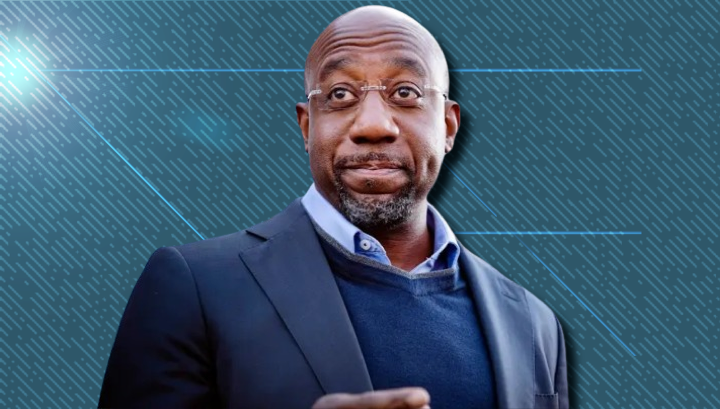According to a new survey from Pew Research Center, 80 percent of U.S. adults say that religion’s role in American life is shrinking, the highest percentage the organization has ever recorded in the survey. Nearly half (49 percent) believe not only that religion is losing influence, but also that it is a bad thing. The survey data comes amid renewed debates about religion vis-a-vis public officials. President Joe Biden was roundly criticized this weekend over his proclamation recognizing the International Transgender Day of Visibility, which coincidentally fell on Easter Sunday this year. Republicans across the U.S. continue to be denounced over a growing push for Christian nationalism. Pew’s survey shows a large number of Americans prefer a presidential candidate who makes faith a core part of their life. Roughly half of U.S. adults say it is “very” or “somewhat” important to them to have a president with strong religious beliefs, even if those beliefs differ from their own. Nearly all Americans (94 percent) believe it is “very” or “somewhat” important to have a president who personally lives a moral and ethical life, while a majority (64 percent) say it is important to have a president who stands up for people with their religious beliefs. Concerning the candidates in the 2024 presidential race, two-thirds of Republicans and independents who lean conservative (67 percent) say former President Donald Trump stands up for people with their religious beliefs. Similarly, as Pew noted, 60 percent of Democrats and Democratic-leaning independents say Biden stands up for people with their religious beliefs. Overall, the survey shows discontent with the trajectory of religion in American life. “Rather, many religious and nonreligious Americans say they feel that their religious beliefs put them at odds with mainstream culture, with the people around them and with the other side of the political spectrum,” Pew reported.In the continuation of a two-decade trend, a record number of Americans say that religion is in decline.
Other details in the survey include:
Religion /
80% of Americans Say Religion Is Losing Influence
A growing number say there is conflict between their religious beliefs and mainstream American culture

*For corrections please email [email protected]*
